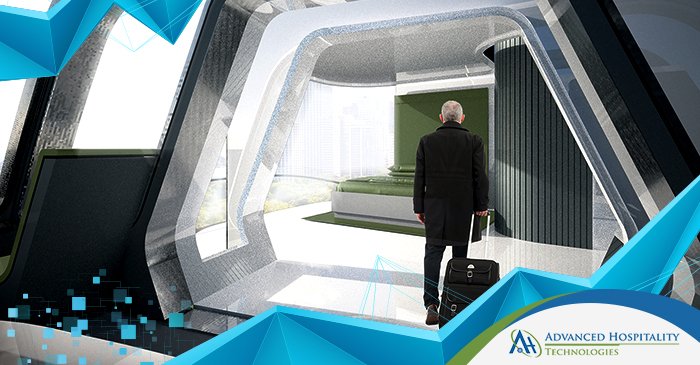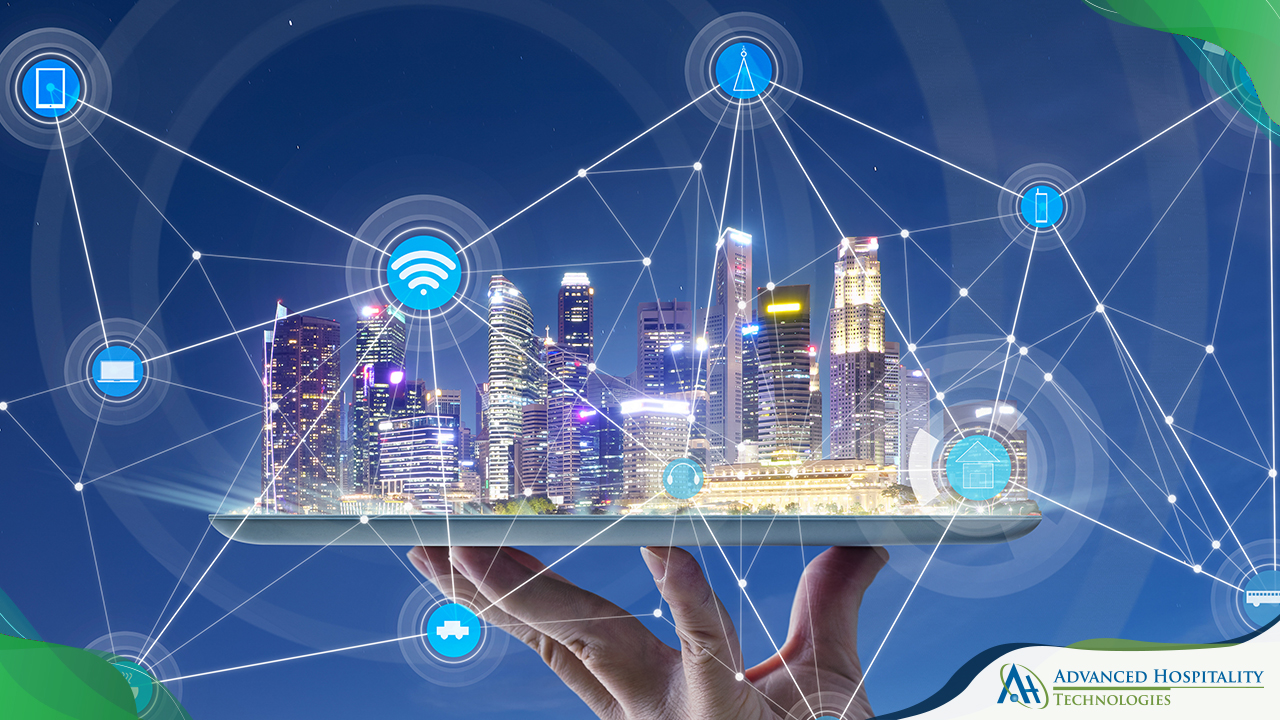The GBTA Foundation (the education and research foundation of the Global Business Travel Association) estimates that the global business industry will grow to a phenomenal $1.6 trillion by 2020.
The dynamic change in corporate travel will see millennials, Gen-Y, and Gen-Z become the dominant demographics for the U.S. hospitality industry as pointed out by earlier research. Confidence in economic factors, a robust business meetings sector, and multiple flyer options are all contributing to the growth of business travel in the country.
This new generation of business travelers, according to SKIFT’s Trends for Travel in 2019, is even more eager and impatient to book their next journey. Couple that with modern travel & leisure technologies, and hoteliers have a completely new set of demands from a very demanding demographic.
Business Travelers by Generation – Courtesy: FinancesOnline
This new generation of travelers is also causing a radical shift in business travel policies. For these highly tech-savvy individuals traveling is a prerequisite when looking at work opportunities. They are ready to travel to achieve business objectives, while constantly looking for career-advancing opportunities and personal empowerment.
Mobility Solutions & Intuitive Smartphone Apps
Smartphone solutions are a blessing for business travelers as it allows them to book rooms and view rates live from anywhere in the world. Mobile travel apps have found a comfy home in the world of business travel with over 200,000 apps available on Google Play and close to 100,000 on Apple Store.
Even hotels are developing smart apps that keep track of their guests’ history and loyalty points to ensure even more personalized services. The modern business travelers like to mix business with leisure, therefore, it is essential for hotels to concentrate on more personalized offerings for hotels.
Mobile is transforming the speed and way business travelers plan their tours. FCM Travel highlights an article that almost 39% of hotel bookings are made through smartphones, with 5G destined to improve connectivity across the US by 2020.
Market research firm, J.D. Power observed in their recent report that “… Guests who download and use a hotel’s mobile app are more satisfied and have greater loyalty to that brand. While only 19% of all guests have downloaded a hotel app, 70% of rewards members have done so … ”
Mobile check-in & check-out has become a prominent feature of every hotel smartphone app. The Marriott, Ritz-Carlton, Hilton, Sheraton, and others are all focusing efforts on delivering even better self-check-in solutions based on A.I. and Bluetooth technology now. The guest can walk in, check-in to the hotel with a tap and simply move on to their room.
The modern phenomenon of mobile room keys is now picking up great traction in the U.S. hospitality industry too. This amazing feature allows guests to quickly occupy their room instead of waiting for error-prone plastic cards or even worst physical keys that can be lost.
Finally, mobile apps are an intuitive way to contact the hotel front desk concierge, make room service requests, book amenities (spa, gym, etc.), and discover local attractions for leisure. The applications of mobile there are massive and will continue to evolve in 2020.
Internet of Things
The tech savvy millennial, Gen-Y and Gen-Z traveler loves IoT and personalization through technology. This drive to transform travel apps to perform more personalization for guests will fuel the opportunities delivered by IoT applications.
Already, higher end hotel franchises are deploying smart TVs, voice assistants, smart mirrors, and robots to synchronize all guest activities & data in one place. Hotels will be able to customize pricing models, hotel rooms, and experiences around the preferences of business guests.
IoT applications also provide great convenience to hotel staff to deliver delightful service to business travelers. Management of inventory, energy systems, sustainability tech, and attending guest requests becomes even quicker. IoT also increases in room revenue upto 20% according to several research studies.
In Cognizant’s report, Hospitality in the Digital Era, the research concludes that “ … Numerous hoteliers that are investing in mobile engagement expect guests will use mobile devices not only for room selection and payment but also as access keys for amenities such as pools and spas…”
Sustainability
Millennials, Gen Y & Z are constantly demanding hotels that encourage green operations and technology.
“Millennials are twice as likely to support brands with strong management of environmental and social issues, and expect brands to not only manage their impact but communicate it.”
- Diana Verde Nieto, co-founder and CEO of Positive Luxury
In a 2019 research study, Booking.com concluded that 55% of surveyed travelers now choose sustainable accomodations than previous years. The rarity of hotels that are moving towards green applications & technology does however make it difficult for these demands to go mainstream.
A major chunk of millennial travelers (87%) , according to research from Causing a Stir, believe that hotel business success should be measured by their impact on their environment. Millennials are an informed demographic, they research hotels & tours before they commit to a particular brand.
Sustainability is a great opportunity for hoteliers to rebrand their assets, addressing the important issue of environment friendliness. Hotels are waking up to the notion of corporate social responsibility to instill trust in both business travelers and their various stakeholders.
Cognizant concludes in their 2018 hospitality report that “… Guests are increasingly eager to do their part for sustainability, embracing campaigns to reuse bathroom towels and request less frequent bed linen changes.”
Some of the most popular applications of sustainability that hotels are already looking into include carbon reductions, water conservation, reducing plastic waste, linen waste from laundry, smart lighting, and A.I. based energy monitoring.
Conclusions
As we move into the final year of the decade there will be considerable development in hospitality technology applications. Hotels are readily looking for new ways to attract, serve, and retain business travelers, while ultimately reducing overall costs.
Stay tuned for more interesting insights on business travelers and how hospitality is addressing their ever changing demands. Until next time, see you again soon.




